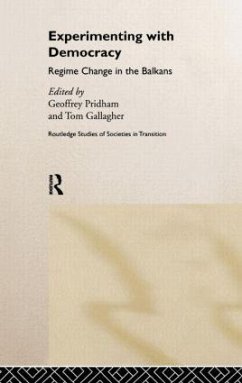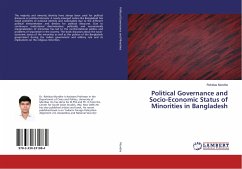
Experimenting with Social Governance Innovations at Local State China
Versandkostenfrei!
Versandfertig in 6-10 Tagen
40,99 €
inkl. MwSt.

PAYBACK Punkte
20 °P sammeln!
This book is an assessment of social governance interventions in the context of China's social stability maintenance regime. The general empirical questions are: to what extent are the desired properties of social governance detailed in the policy documentation observable in practice, do they appear to provide genuine alternatives to rigid stability and what do they reveal about the changing relationship between state and society? The background to these questions will be addressed by tracking recent policy developments in the field of social stability before empirically applying them to two b...
This book is an assessment of social governance interventions in the context of China's social stability maintenance regime. The general empirical questions are: to what extent are the desired properties of social governance detailed in the policy documentation observable in practice, do they appear to provide genuine alternatives to rigid stability and what do they reveal about the changing relationship between state and society? The background to these questions will be addressed by tracking recent policy developments in the field of social stability before empirically applying them to two best in class (most favourable) local government case studies from perspectives of social security and public security arrangements in S Province, China.












